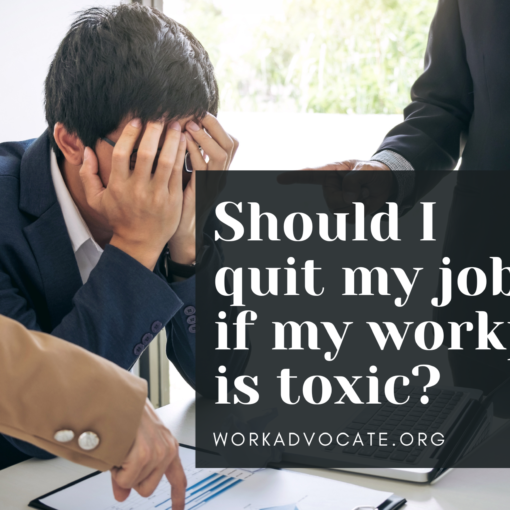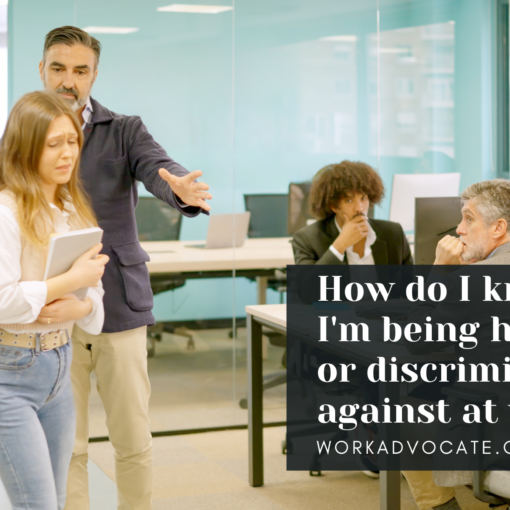
Your employee rights cover you having the right to a safe, respectful, and fair workplace.
Unfortunately, many workplaces fall short of this ideal, leaving employees feeling vulnerable and unsure of their options.
This post is to empower you with knowledge of your rights so you can advocate for yourself and create a better work experience.
Federal Laws Protecting Your Employee Rights :
Several federal laws offer critical protections against workplace harassment and discrimination:
- Title VII of the Civil Rights Act of 1964: Prohibits discrimination based on race, color, religion, sex (including pregnancy, sexual orientation, and gender identity), and national origin.
- The Age Discrimination in Employment Act (ADEA): Protects workers over 40 from age-based discrimination.
- The Americans with Disabilities Act (ADA): Prohibits discrimination against individuals with disabilities and requires employers to provide reasonable accommodations.
These laws cover a wide range of workplace issues, including hiring, firing, promotions, training, and compensation. If you believe you’ve been discriminated against based on any of these protected characteristics, you may have a legal claim.
State Laws and Company Policies:
In addition to federal laws, your state may have additional protections. It’s important to familiarize yourself with your state’s laws, as they may offer even stronger safeguards.
Your company’s internal policies also play a role. Check your employee handbook or other company documents for specific rules and procedures regarding harassment, discrimination, and retaliation.
Your Employee Right to Report Harassment:
One of your most important employee rights is the right to report harassment or discrimination without fear of retaliation. Retaliation can take many forms, such as demotion, termination, or being excluded from opportunities. If you experience retaliation after reporting, you may have additional legal remedies.
What to Do If Your Employee Rights Are Violated:
- Document Everything: Keep a detailed record of all incidents, including dates, times, witnesses, and the exact nature of the conduct.
- Report to HR or Management: Follow your company’s complaint procedures.
- Consider Filing a Complaint: If your employer fails to take action, you can file a complaint with the Equal Employment Opportunity Commission (EEOC) or your state’s fair employment practices agency.
- Consult an Attorney: An employment lawyer can advise you on your legal options and help you navigate the process.
Employee Empowerment Through Knowledge of Your Rights:
Understanding your employee rights is the first step towards creating a positive change. By knowing the laws and protections available to you, you can confidently advocate for yourself, hold your employer accountable, and contribute to a healthier and more respectful workplace.
Action:
If you’re facing a difficult situation at work, don’t hesitate to seek help.
For a step-by-step plan to protect your rights, navigate and document a hostile work environment, download our guide, The Hostile Workplace Defender .




